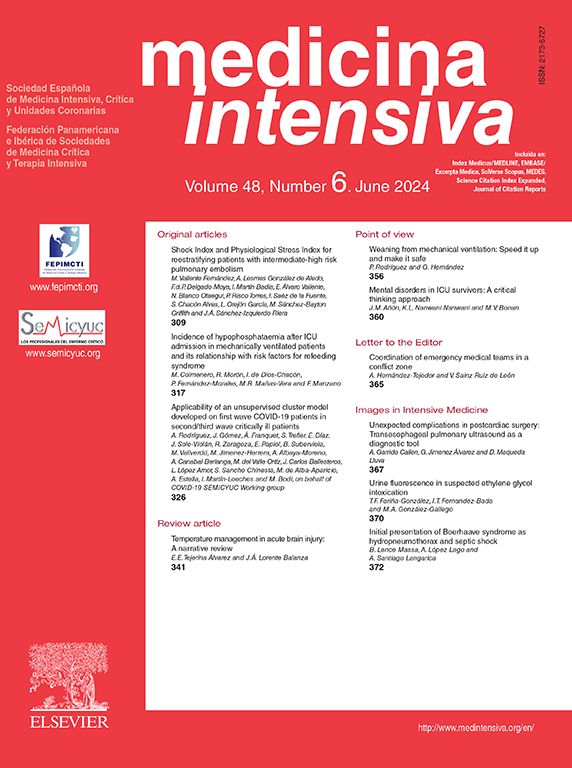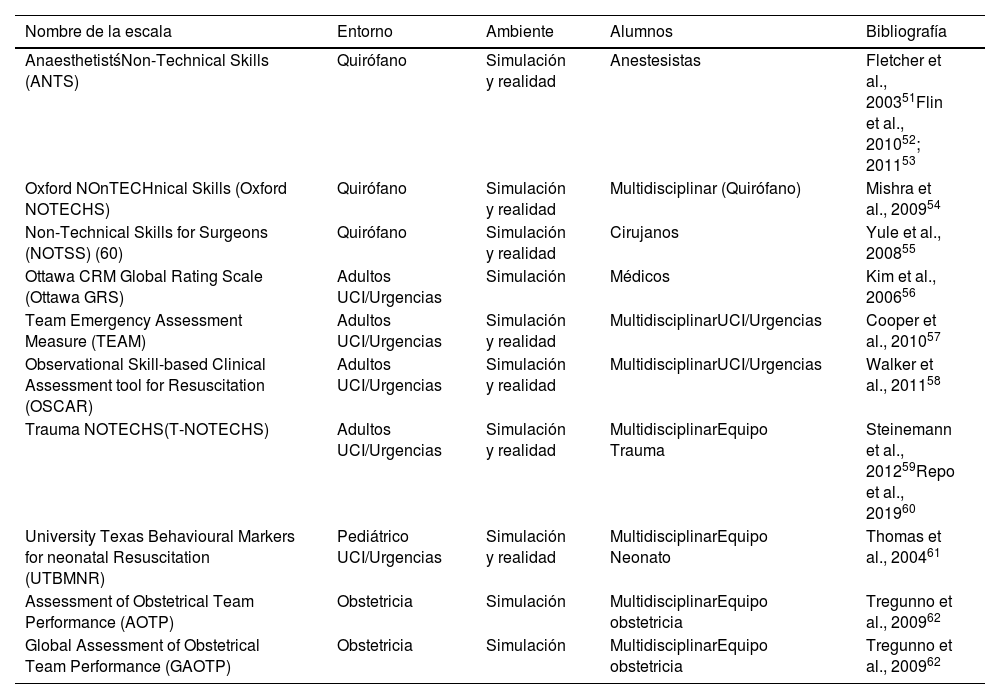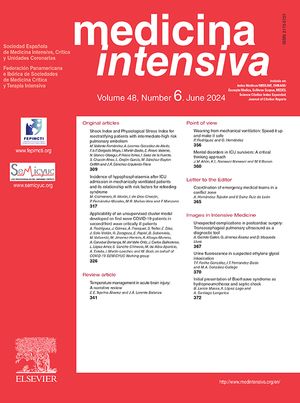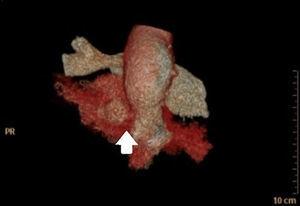La condición humana está ligada al error en cualquier actividad y el mundo sanitario no es la excepción. Los errores humanos, esperables o previsibles, no tienen su origen en la perversidad de la naturaleza humana, sino en fallos latentes en el entorno asistencial y son consecuencia de los procesos y procedimientos que se aplican. En este sentido, surge la ciencia del «factor humano» que se ocupa de la aplicación del conocimiento sobre las personas (capacidades, características y limitaciones), diseño y gestión de los equipos que utilizan, entornos en los que trabajan y las actividades que tienen que realizar en el marco de un sistema socio-técnico muy complejo como es el mundo sanitario.
Dentro del extenso campo que engloba los «factores humanos», las características humanas e individuales influyen enormemente sobre el comportamiento de las personas y, por tanto, en su rendimiento y calidad de la atención sanitaria.
The human condition is linked to error in any activity that is performed, and the healthcare world is no exception. The origin of human error does not lie within the perversity of human nature, instead, it has its origins in latent failures in the healthcare environment and is a consequence of the processes and procedures applied. The science of the Human Factor deals with the application of knowledge to people (capabilities, characteristics and limitations), with the design and the management of the equipment they use and with the environments in which they work and the activities they carry out.
Part of the Human Factor are the non-technical skills. These skills greatly influence people's behavior and, therefore, their performance and the quality of healthcare in a very complex socio-technical system.
Article
Go to the members area of the website of the SEMICYUC (www.semicyuc.org )and click the link to the magazine.









